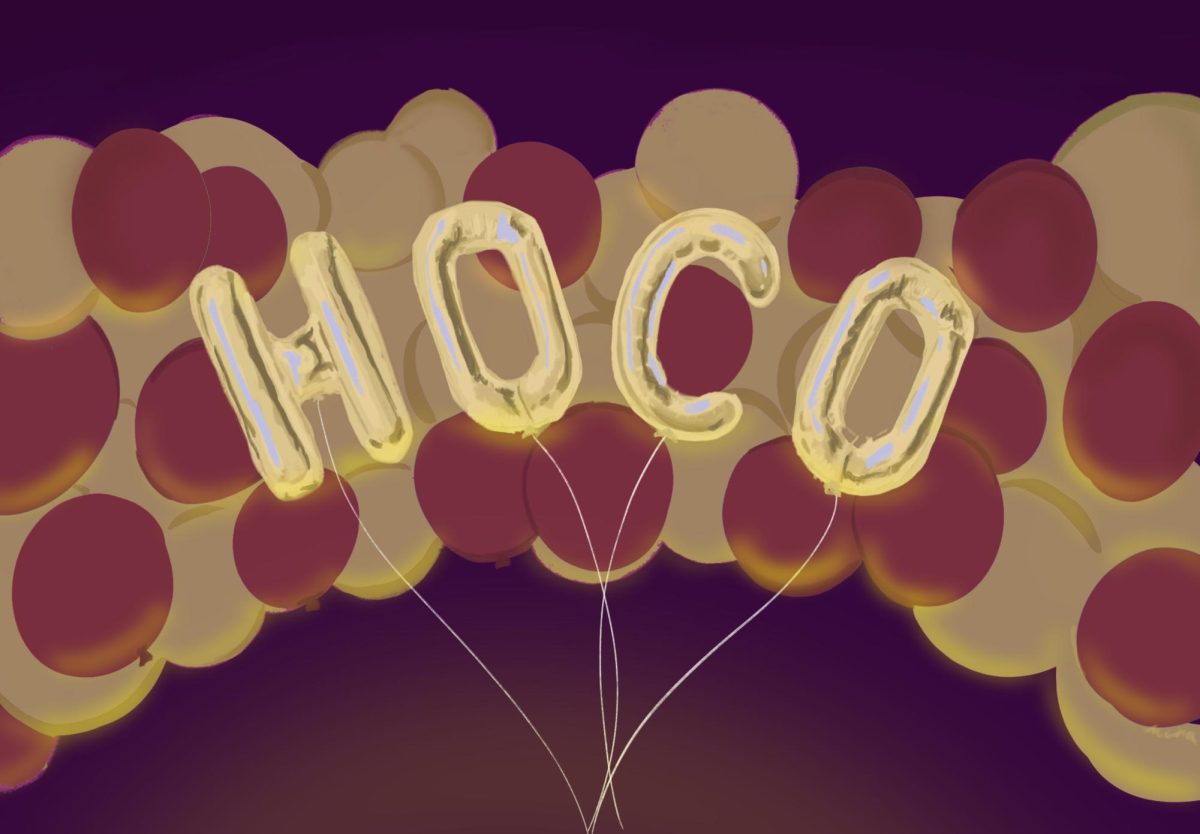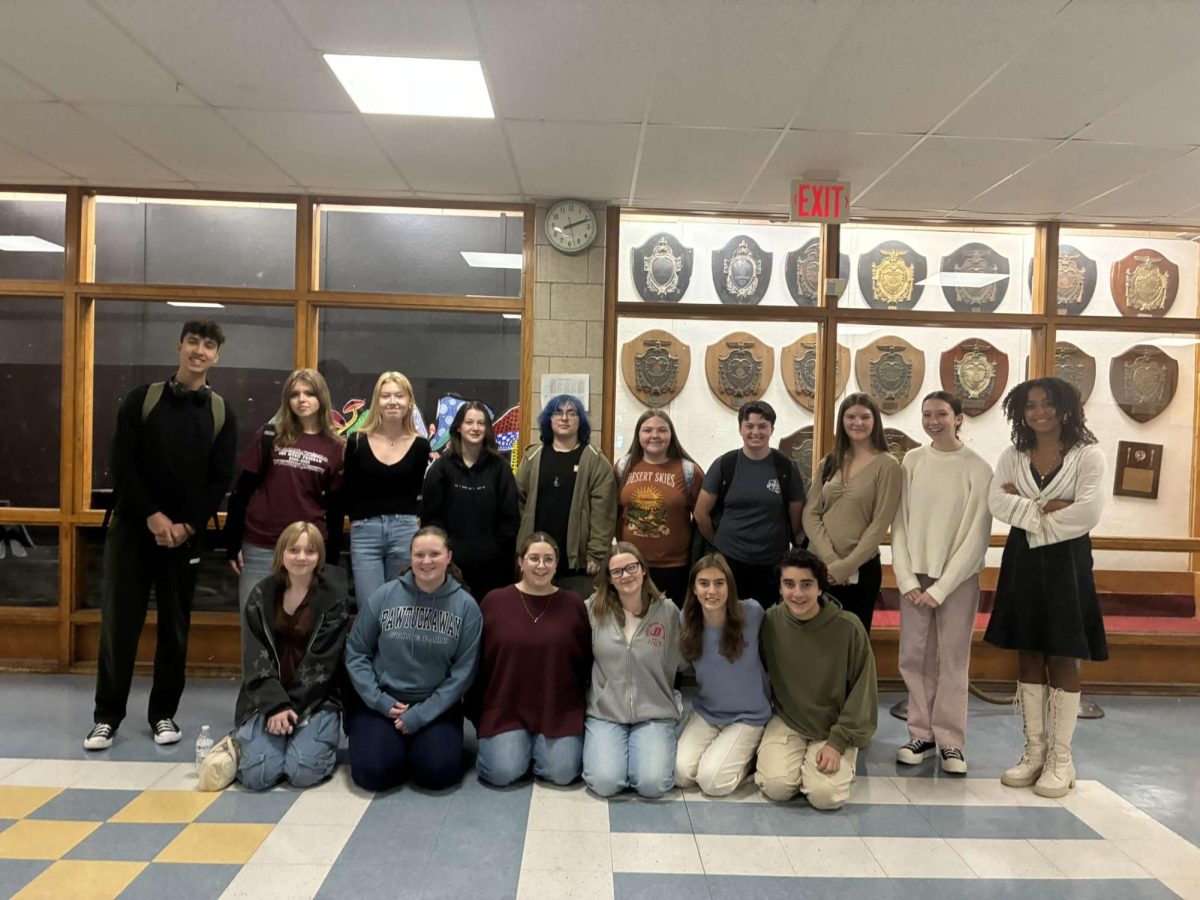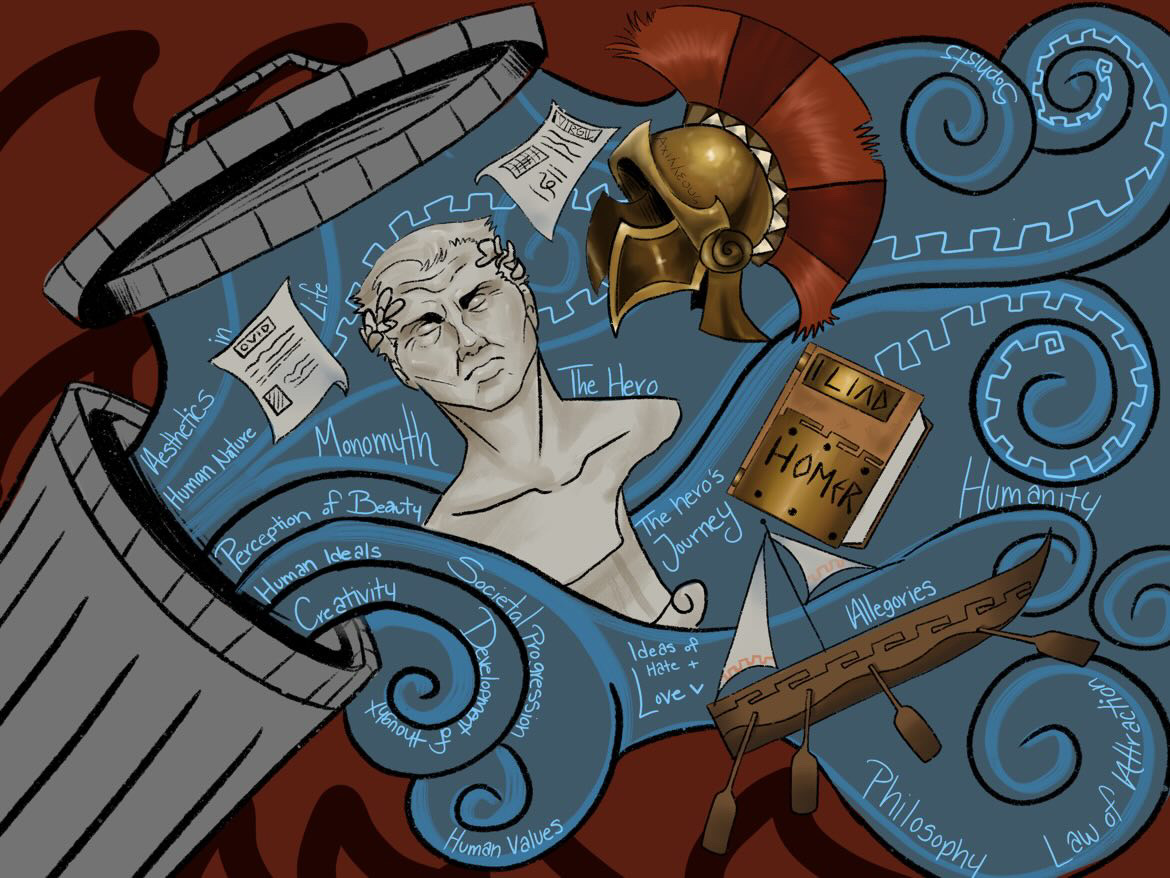Throughout my years at GHS, I have had the pleasure of immersing myself in rigorous academic courses. From AP classes to journalism and other creative electives, I have certainly had a successful and entertaining academic experience.
Although the classes I have taken have their own place within my heart, one of the most valuable classes I have taken would have to be Humanities.
As it implies, the Humanities course at GHS teaches its students about human ideals and values, and how they developed over different periods of time. Mainly focusing on Grecian and Roman time periods, this class gives students a look into the origins of human ideals and behaviors, poetry, and recorded history, and how those things have evolved to fit into society today.
Personally, I loved this class from the moment I began learning. I’ve always had an interest in the classical period, and being able to learn more about it was truly a highlight of my educational career. I also left that class with a new mindset regarding the philosophy of life, as well as the values we as humans have held dear for centuries.
This is why I was saddened to learn that for the first time in 40 years, the Humanities class will not be offered next year, removing these important teachings about human history from GHS. With the recent pushes from Gloucester’s community to preserve the arts in education, this is a harsh blow.
If we cut Humanities from the English department, we could ultimately be losing what could be the next generation of great thinkers, artists, and poets.
The decision not to offer a Humanities class truly begs the question: What is education for? To make us cogs in a wheel, or functioning members of society?
Since only nine students requested to take the course next year, administration deemed there was not enough student interest for the class to run. This may be due to students and their actual interests, or their teachers not recommending them for the class. Obviously, not everyone is going to be interested in taking a class about the humanities, however, cutting the class in general due to low interest is appalling considering other classes with low numbers run every year.
There are also the implications regarding the arts to think about. While Humanities is classified as an English class, it can also double as a class teaching the arts. Within the class, students are immersed in readings by classical authors including Homer, Ovid, and Virgil, who created and mastered many of the literary devices students use and study today. Learning the origins of those components is equally as important as studying them. With this in mind, not being able to teach students about literary devices and the origins of literature itself may cause detriments to future generations, stunting their already lackluster understanding of basic concepts.
With the lack of understanding also comes a lack of creativity. Without the creativity taught by literary and art-based classes like humanities, students are bound to have a lower level of creativity and originality that society has valued for generations. To put it simply, if we don’t have people who are capable of thinking, feeling, and being creative beyond basic comprehension, we become what society ultimately fears: brainwashed and dependent on materialistic ideals.
However, this cycle can be broken if we, as an academic society, once again learn to value the arts. Of course, pushing people to go forward in a STEM field is incredibly important, however, pushing students to be creative and have romantic values will also go a long way. And while we do need engineers, doctors, and business people to make our world go ‘round, where would these important people be, if they had not learned to be empathetic and aware of the society that exists around them? The world needs educated thinkers and idealists to keep values such as love, perfection, and justice alive and relevant in modern conversations.
While all of this may seem like a lost cause, it is increasingly important that the arts and their histories are preserved for the future generations. If the future students cannot be taught about the past, society may ultimately repeat some of its detrimental faults, leading history to repeat itself in not so pleasant ways. With that in mind, students not being able to learn about human ideals and histories during a critical developmental period also does not bode well, as they could begin to receive and idealize the wrong messages that life has to offer.
Overall, Humanities is an important class and should be considered just as important as any of the other English classes in GHS’s catalog. It should not be put on the back burner. While there isn’t much I can do since my time at GHS is limited, it is my hope that more care and consideration is taken to preserve this course, as well as the future well-being of the students who are interested in it.
In the immortal words of “Dead Poet’s Society” protagonist John Keating, “ The human race is filled with passion. And medicine, law, business, engineering, these are noble pursuits and necessary to sustain life. But poetry, beauty, romance, love, these are what we stay alive for.”
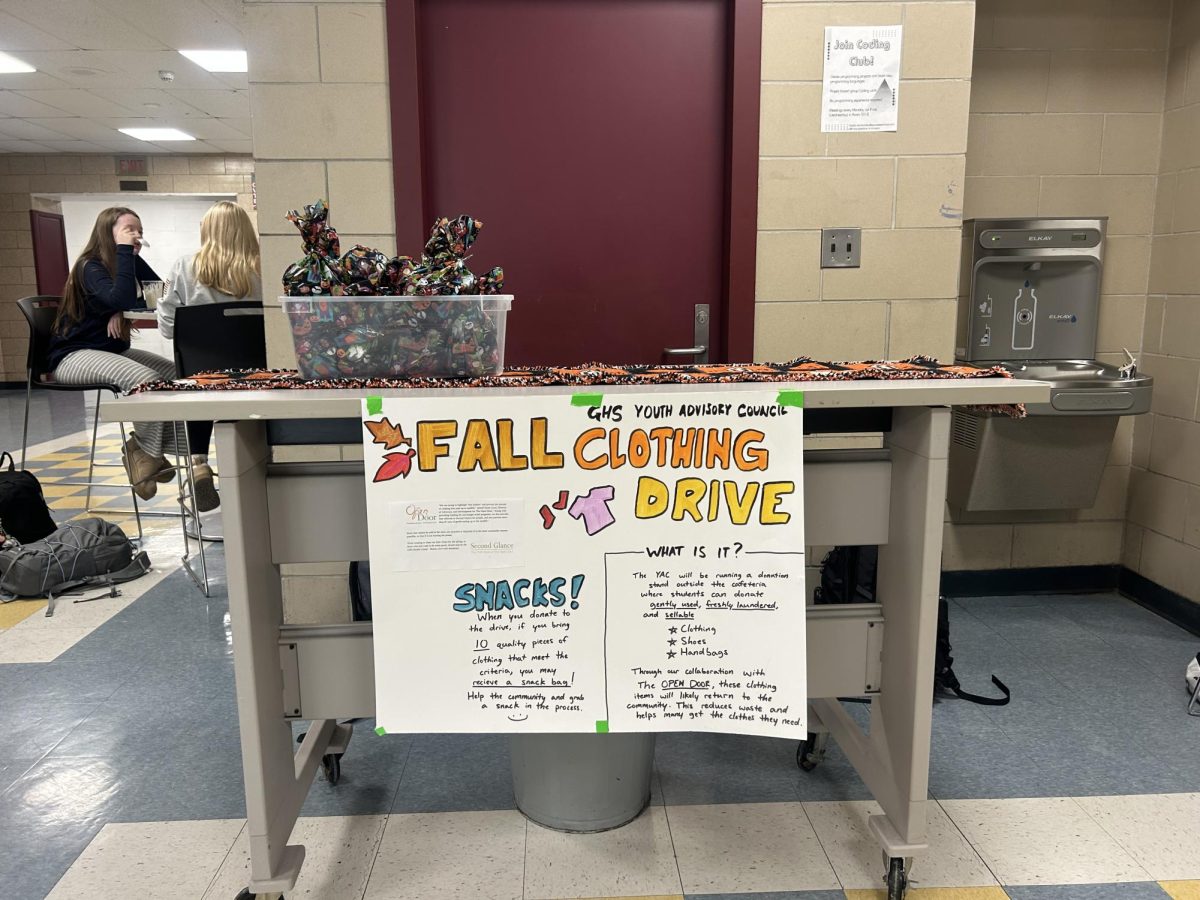
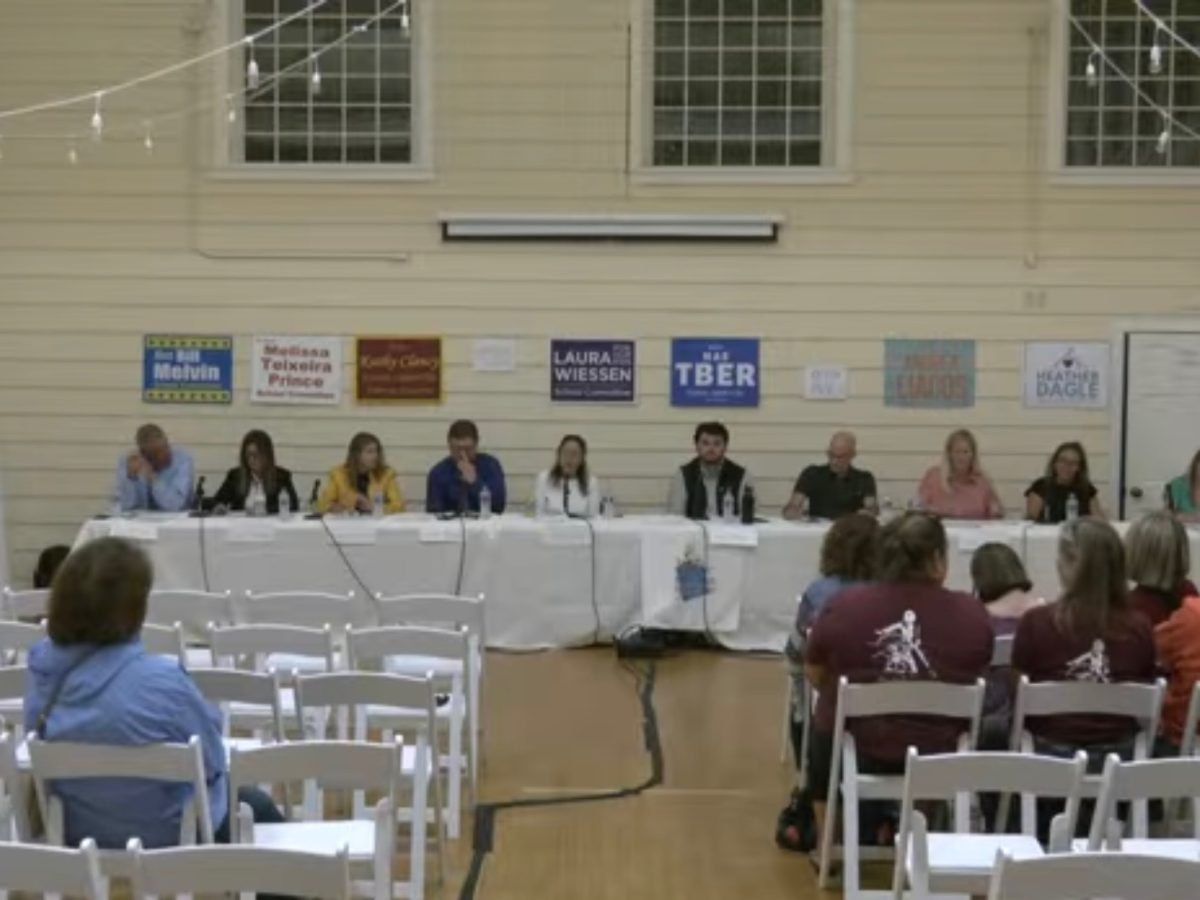


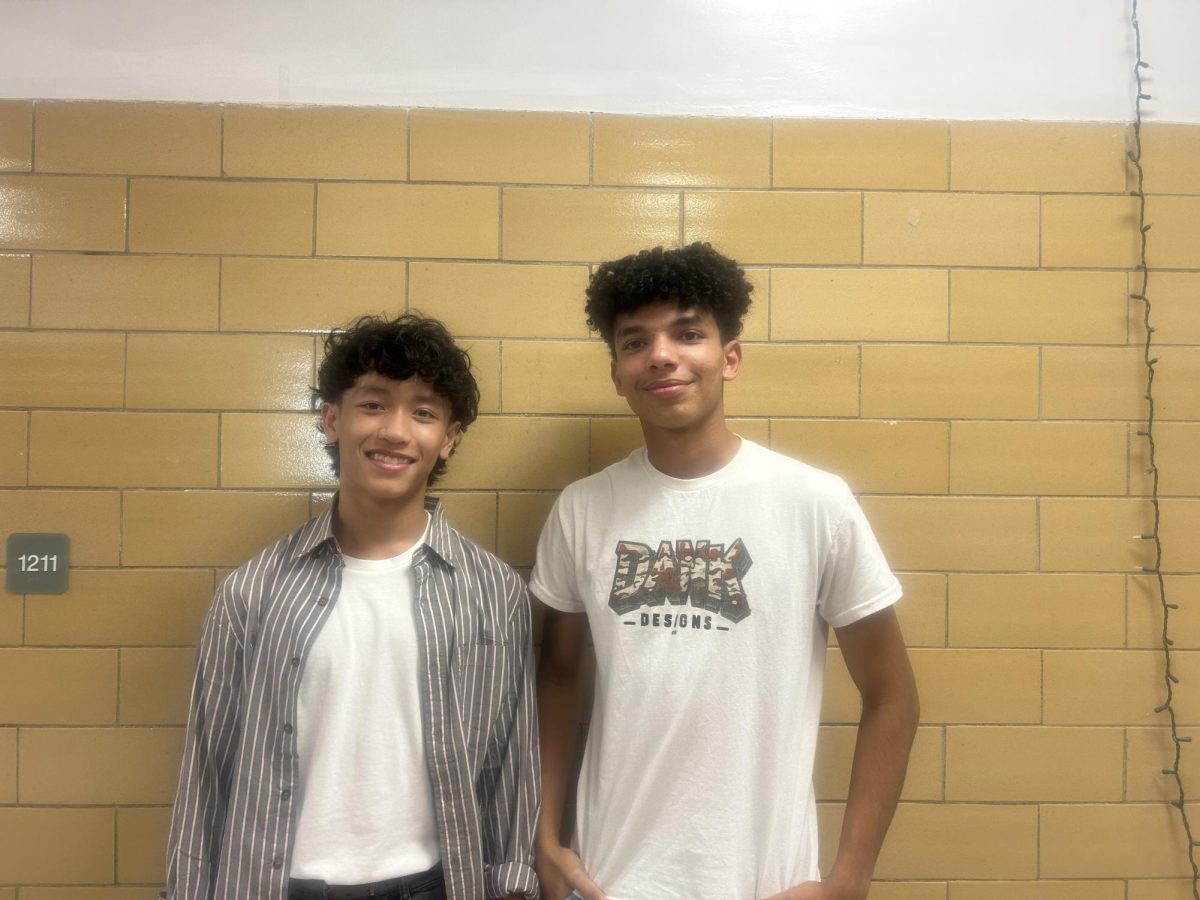





![The Volleyball team poses after their win. [Photo courtesy of GHS Volleyball]](https://thegillnetter.com/wp-content/uploads/2025/10/IMG_6936.jpg)
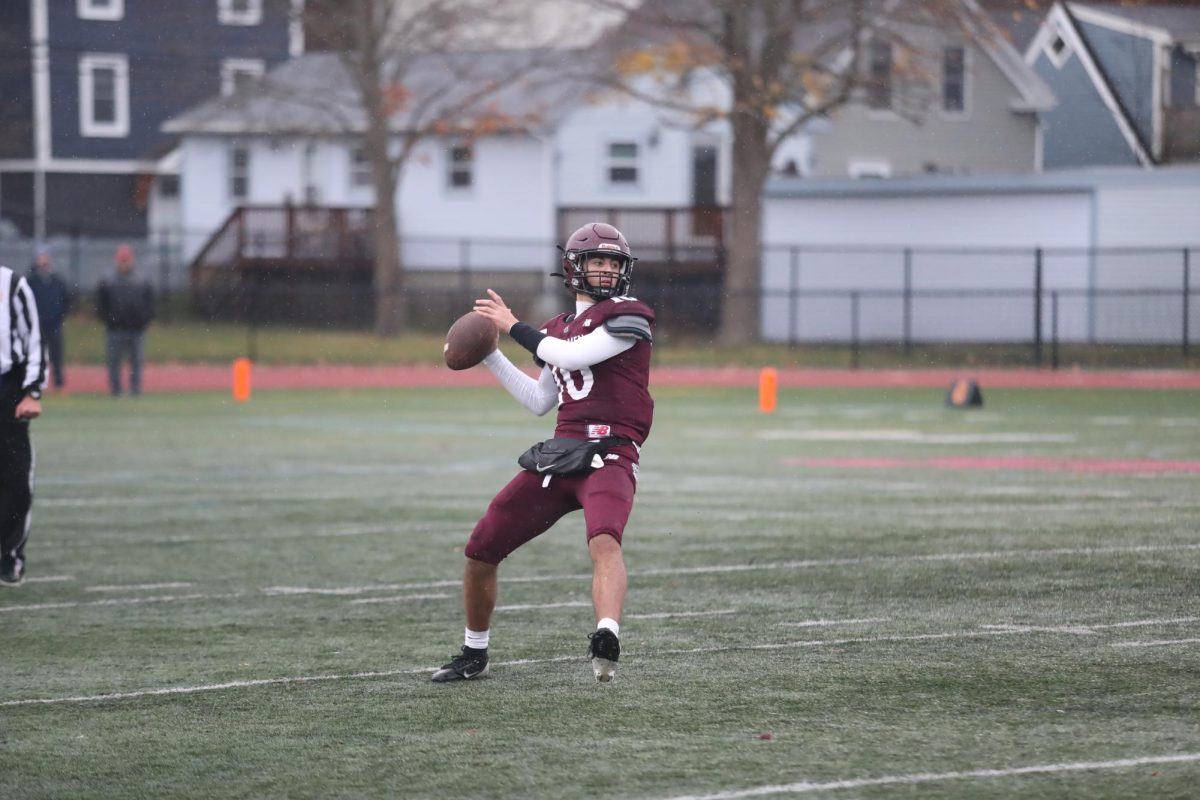


![The GHS/MERHS senior cross country runners pose together on Senior Night. [Photo courtesy of Manchester-Essex Athletics]](https://thegillnetter.com/wp-content/uploads/2025/10/Screenshot-2025-10-10-at-11.18.29-AM.png)
